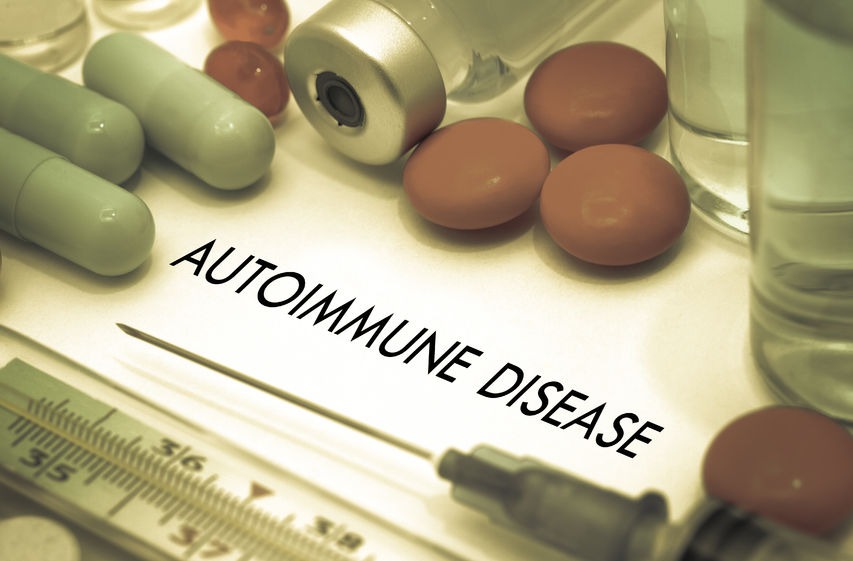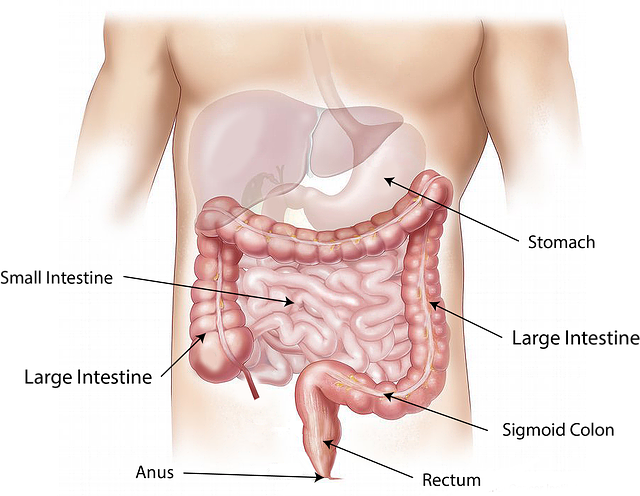Can My Celiac Disease Risk Be Determined Using 23andMe.com?

Many people can accurately determine their celiac disease risk using the genetic testing offered through 23andMe.com. This testing looks for the HLA-DQ2.5 and HLA-DQ8 variants. Most people with celiac disease have the HLA-DQ2.5 (or simply, DQ2.5) variant. About 5% of people with celiac disease have the DQ8 variant.
However, people with an important variant called HLA-DQ2.2 are missed. For this reason, I don’t recommend using 23andMe to accurately check your genetic risk for celiac disease.
Unfortunately, 23andMe doesn’t look for the DQ2.2 variant—despite the estimate that up to 5% of celiac disease patients carry DQ2.2 without also carrying either DQ2.5 or DQ8. (1) Their 23andMe report for celiac disease would state that they have “0 variants detected in the HLA-DQA1 and HLA-DQB1 genes.”
This statement is inaccurate for DQ2.2-positive people. DQ2.2 is, in fact, also a variant of the HLA-DQA1 and HLA-DQB1 genes.
As a consequence, people with one or two copies of DQ2.2 can be misled, either believing that they have no celiac disease risk or that they have a lower risk than they actually do.
For more information about HLA-DQ2 and HLA-DQ8, including a table that shows your risk of developing celiac disease if you carry one or two copies of these variants, see What Is the Celiac Gene?.
An estimated 40% of adults in the United States have the HLA-DQ2 and/or HLA-DQ8 genetics associated with celiac disease. (2) However, only 1% of the population has celiac disease. Thus, most people with one or two copies of these variants do not develop celiac disease.
That said, the vast majority of people with celiac disease (97 to 98%) have the genetic variants discussed in this article. Thus, at least one copy of either variant is almost always required in order for celiac disease to develop.
My 23andMe Report for Celiac Disease Risk Is Inaccurate
In 2012, genetic testing for celiac disease through Prometheus Therapeutics & Diagnostics showed that I have two copies of HLA-DQ2. One copy is DQ2.5. The other copy is DQ2.2. My results state that being “DQ2 Homozygous” makes my celiac disease risk “Extremely High.” In fact, my risk is 31 times higher compared to those who don't have any copies of HLA-DQ2 or HLA-DQ8.
I did this test, called Prometheus Celiac Plus, after being gluten free for six years. In addition to genetic testing for celiac disease, this test checks relevant blood markers. My blood tests were normal, which is expected (or at least hoped for) in people who are gluten free.
My 23andMe report for celiac disease states that I only have a “slightly increased risk” of this disease because it only found one copy of DQ2.5 in my genetic data. It missed my one copy of DQ2.2 Clearly, this statement of “slightly increased risk” for celiac disease is inaccurate.
To be fair, my 23andMe report does state that the company checks for “variants near the HLA-DQA1 and HLA-DQB1 genes linked to the HLA-DQ2.5 and HLA-DQ8 haplotypes.” The report also states that the company “does not test for all possible variants, genes, or haplotypes associated with celiac disease.”
However, I don’t think these 23andMe statements go far enough. I’d rather the report clearly state that the testing doesn’t look for the HLA-DQ2.2 variant and that 5% of people with celiac disease have this variant.
When I went gluten free, I had no idea I should be tested for celiac disease. Evidently, neither did my two doctors at the time. If I'd thought my genes only slightly increased my risk for this disease, I might have tried eating gluten again after I more fully recover my health.
Now knowing my high-risk genetics, I will never eat gluten again. Unless modern medicine can devise a solution that enables me to safely consume gluten…
Does HLA-DQ2.2 Increase Celiac Disease Risk as Much as HLA DQ2.5?
Apparently not. DQ2.5 increases the risk of celiac disease “much more so” than DQ2.2 (1). However, I have been unable to find a source that quantifies this difference.
Researchers have shown that T cells of celiac disease patients with DQ2.5 versus DQ2.2 recognize distinctly different sets of gluten peptides. (Gluten contains two primary groups of protein: gliadins and glutenins. During digestion, these proteins are broken down into smaller units called “peptides.”)
According to these researchers, “The results show that DQ2.2 individuals can mount an antigluten response but indicate that DQ2.2 bears a lower risk of celiac disease than DQ2.5, because fewer gluten peptides would bind stably to this HLA molecule.” (1)
So, for example, a person who is homozygous for DQ2.5 is at higher genetic risk of celiac disease than a person who (1) is homozygous for DQ2.2 or (2) has one copy of DQ2.5 and one copy of DQ2.2.
Are Other Genes Related to Celiac Disease Risk?
Yes, other genes contribute to celiac disease risk. However, the main genetic risk factors for celiac disease are the presence of the HLA-DQ2 and HLA-DQ8 variants.
For more information, see Are Other Genes Related to Celiac Disease Genetics?.
References
1. Bodd M, Kim CY, Lundin KE, Sollid LM. T-cell response to gluten in patients with HLA-DQ2.2 reveals requirement of peptide-MHC stability in celiac disease. Gastroenterology. Mar 2012. [Full Text]
2. US Department of Health and Human Services. NIH Consensus and State-of-the-Science Statements: NIH Consensus Statement on Celiac Disease. Bethesda, MD: US Department of Health and Human Services; 2004;21(1). [PDF]
CeliacFAQ.com home page > Celiac Disease FAQ > Can My Celiac Disease Risk Be Determined Using 23andMe.com?


